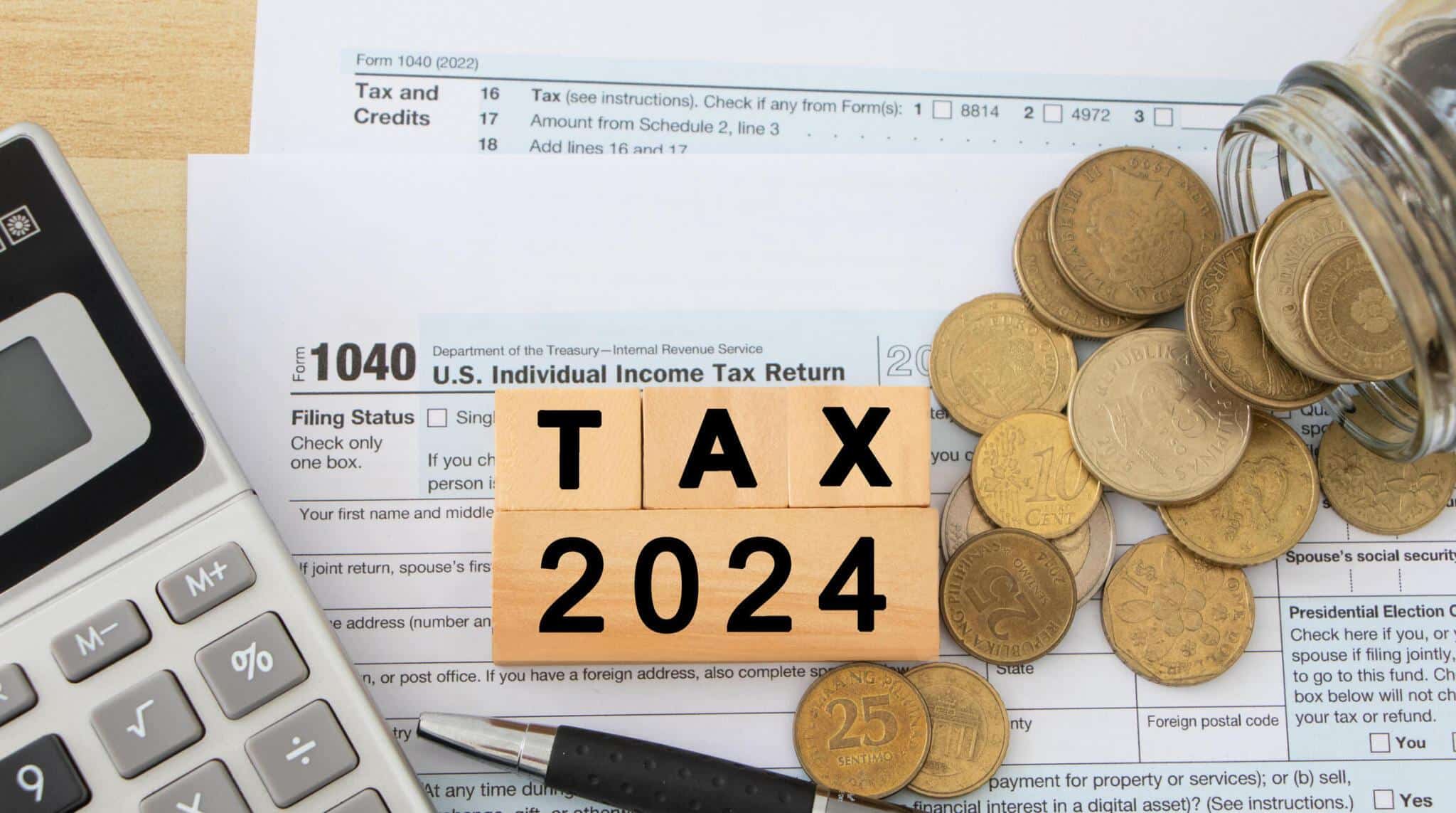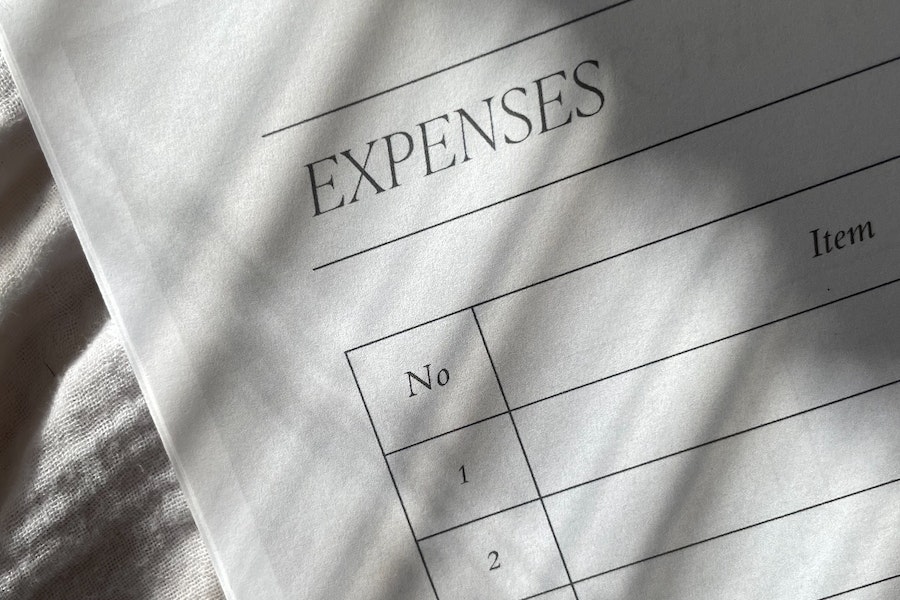Australian employers have to pay superannuation to their staff, but it can be difficult to keep track of regularly changing rules and regulations in this area.
In case you are not aware, as of July this year you will need to pay your team slightly more super.
Take a look at this update as well as some other recent and future changes to superannuation rules, practices and payments in Australia.
Superannuation Guarantee Changes
The superannuation guarantee changed from 10.5 per cent to 11 per cent on July 1st, 2023. This means you now have to contribute 11 per cent of your employees’ annual salary into their super funds.
As an employer, you will need to update your payroll systems to bring them in line with this rise and start paying your team an extra 5 per cent super. If you have a bookkeeper or payroll manager, check with them to confirm the change will be applied, or you may wind up being asked for back pay.
Keep in mind that this year’s change is not a one-off. The amount of super you need to pay will continue to rise until it reaches 12 per cent in a couple of years time.
Securing Australians’ Superannuation
The Federal Government’s ‘Securing Australians’ Superannuation Package’ has allocated $27 million to improving data capabilities at the ATO.
These capabilities include matching employer super fund data to spot underpayments. The change will give the ATO far larger reach to assess and track superannuation breaches by employers.
The package also includes a further $13.2 million towards helping the ATO to participate in designing a new compliance system to target underpayments.
This update is a further incentive to make sure you are making regular and accurate super contributions on behalf of your employees.
Jurisdictional changes for superannuation complaints
The Government has also made changes to jurisdictional powers over superannuation complaints.
The Treasury Laws Amendment (Measures for Consultation) Bill 2023 is intended to expand the Australian Financial Complaints Authority’s jurisdiction, giving it power over some superannuation complaints.
This matter is complex but if you want to learn more, visit the Australian Treasury website.
Future superannuation changes
In addition to increased superannuation payments, the regularity of super payments is set to change as well.
Payday super
As of the 1st of July 2026, employers will be required to pay their employees’ super at the same time as they pay their wages.
This will differ from past regulations, which only required employers to pay their employees’ super once a quarter.
The aim of this change is to help employees to keep track of their super payments more easily as well as to benefit from the higher compound interest they will receive from having money in their funds for longer periods of time.
If paying your employees’ super every payday is an issue, you are advised to reconsider your current payment schedule and perhaps pay your staff at greater intervals.
You might want to get ahead of this and start contributing payday super this financial year; it will mean you don’t have to adapt to the change in the future.
Revised superannuation tax
You may have seen in the media that from the 1st of July 2025, the new ‘Better Targeted Superannuation Concessions’ measures will mean anyone with a super balance of more than $3 million will be taxed an additional 15% on any funds that exceed that $3 million.
Is your business up to date with superannuation obligations?
Paying super is compulsory and it is harder for missed payments to go under the radar. Speak to your financial management team and double check super payments are being made so you can avoid action related to missed or underpayments.
Need help managing your business tax and finance? Reach out to Mobbs & Company today.










